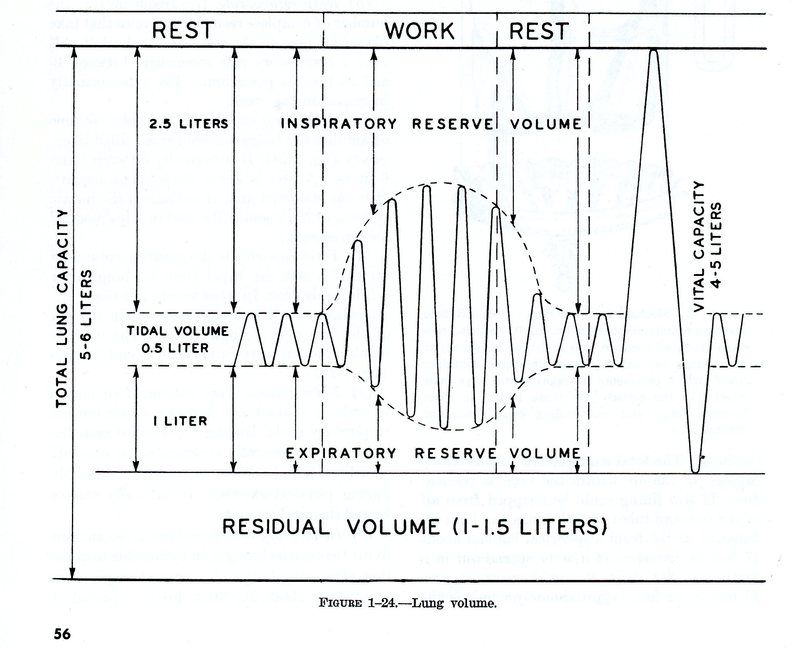Nobody wants to fly to a dive site carrying a lot of lead in a suitcase. In the dive sites where most divers live nearby, that policy makes sense, but it makes no sense in which a sizable portion of the population has to travel to get there. The one time I dived in Southern California, I had to fly in. I had to rent weights. That's the only place I have ever dived where that happened.
My point precisely.
As an interesting aside, there are a few operators in Bermuda that inform their prospective clients that Bermuda waters have "much more salt" than anywhere else in the world and divers are advised to add 10-20% more weight than they usually use. They are simply sick of newbies not taking enough weight so they load them up. Dangerous practice in my opinion.




